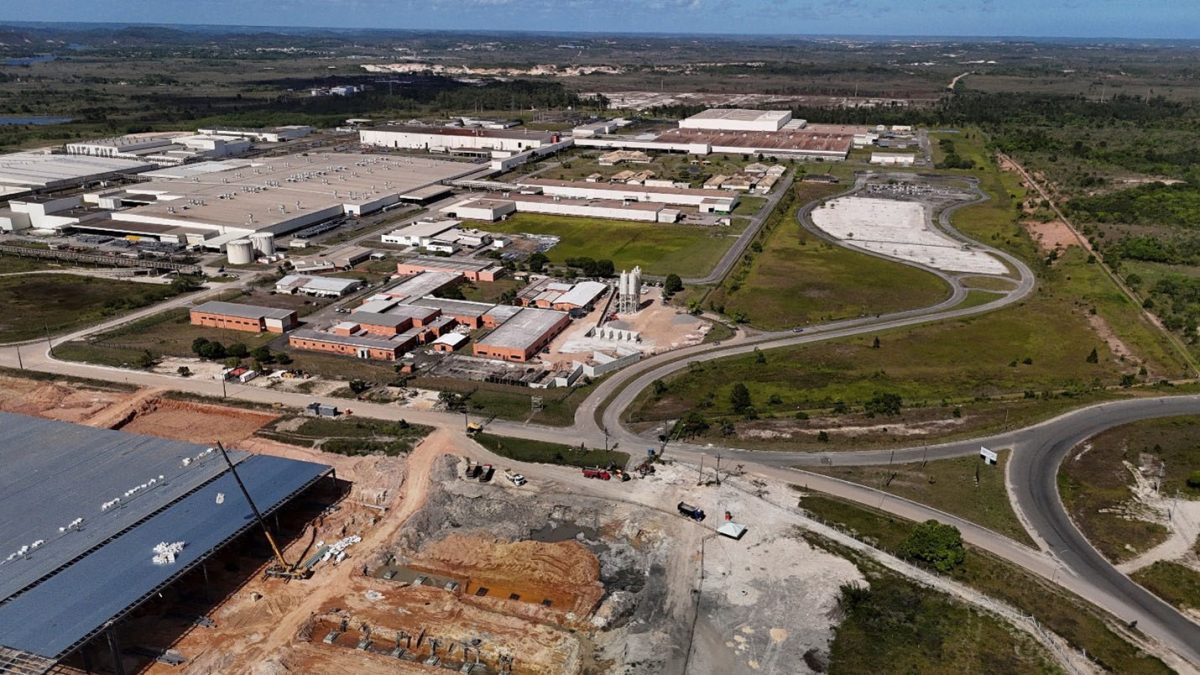BRASILIA, (Reuters) – Brazil has stopped issuing temporary work visas for BYD 002594.SZ, the Ministry of Foreign Affairs said yesterday, in the wake of accusations that some workers at a site owned by the Chinese electric vehicle producer had been victims of human trafficking.
The announcement came days after labor authorities said they found 163 Chinese workers who had been brought to Brazil irregularly in “slavery-like” conditions at the BYD factory construction site in the northeastern state of Bahia. The workers were employed by contractor Jinjiang Group, which has denied any wrongdoing.
Later, the authorities also said the workers were victims of human trafficking. According to the foreign ministry, the workers entered Brazil on temporary work visas.
The factory has become a symbol of China’s growing influence in the South American nation and an example of a closer relationship between both countries. BYD has invested $620 million to set up the Bahia factory complex alone.
Brazil is the biggest overseas market for BYD, which did not immediately respond to a request for comment on the ministry’s decision.
The Chinese EV maker has said it plans to start production in Brazil early next year with an initial annual output of 150,000 cars.
Brazil’s Ministry of Justice said in a separate statement on Friday that if irregularities found by prosecutors in the BYD factory are confirmed, it would revoke the residence permits it had issued to the Chinese workers.
The Ministry of Justice had already sent a request to the Ministry of Foreign Affairs to suspend BYD temporary visa issuance on Dec. 20, three days before the labor authorities’ findings were made public, according to a source with knowledge of the communication.
The order was then forwarded to Brazil’s embassy in Beijing, the source added.
In a social media post on Thursday, which was reposted by a BYD spokesperson, Jinjiang Group rejected the Brazilian authorities’ accusations about the work conditions at the Bahia site.
The contractor said the portrayal of the workers as “enslaved” was inaccurate and that there had been translation misunderstandings.
BYD and Jinjiang Group have agreed to assist and house the 163 workers in hotels until a deal to end their contracts is reached, the Brazilian Labor Prosecutor’s Office said in a statement on Thursday, after meeting representatives from both firms.
Nearly one in five cars BYD sold outside of China in the first 11 months of 2024 was in Brazil.

